Bob Sihler - Mar 7, 2008 8:58 pm - Voted 10/10
TruthSo true-- these were the REAL mountain men, people who made a life with and in the mountains, taking what they needed (sometimes more) but also loving their lifeblood, maybe not as purely as the Native Americans did, but still closer to them than they are to us today, we who live in an age when people (at least in this country) pillage the land not to make ends meet but to rake in profits, long-term costs be damned.
They were hard men, and they deserve that much of a nod, even if I personally don't like some of the consequences their livelihoods brought.
Michael Hoyt - Mar 12, 2008 6:26 pm - Hasn't voted
Re: TruthIn my opinion, the really HARD men were the early trappers who lived alone far back in the trackless wilderness during the winter months and ran trap lines, some of them 80+ miles long. Most of those guys used what we think of as "old fashioned" snow shoes to travel though powder snow, which during some winters was more than 14' deep. To survive the conditions, none could allow himself to get lost or quit, ever, no matter what the circumstances. These days, few of us, even during our most difficult mountain excursions, ever require the survival skills those guys needed just to work their trap lines.
And even though it's turned out, some trappers decimated local populations of fur bearing animals, most didn't have the knowledge to understand the consequences of their livelihood. All they knew was, trapping was a good way to make a living - if a person was HARD enough.
Michael Hoyt - Mar 12, 2008 6:29 pm - Hasn't voted
Re: NiceI agree, Fred. We should do our best to preserve the wilderness, not just for our kids, but so humanity itself is able to survive. The majority of people still don't understand the interconnectivity between wilderness and everything else that exits on this planet. And if you don't understand, it's easy to disregard those who do.
Maybe someday...
MichaelJ - Mar 12, 2008 12:23 am - Hasn't voted
I don't admit itI've never thought I was owed anything, let alone wilderness. I think wilderness users owe it to others to limit their impacts. Any time I'm on a trail, using a guide book or a topo, I'm acutely aware of those who've gone before.
Michael Hoyt - Mar 12, 2008 6:38 pm - Hasn't voted
Re: I don't admit itIf you've never felt something was owed to you, not even a little bit, then you're an exceptional person. When we feel pleasure, most of us can't help, even if it's just for a moment, that somehow we were OWED that pleasurable experience. Fortunately, many of us are able to quickly move past that selfish feeling after the realization that WE are the ones who owe. Michael, it appears you do not experience that momentary selfishness that some of the rest of us have felt, and for that I am envious.
T Sharp - Mar 12, 2008 12:39 am - Voted 10/10
Interesting PointI too have enjoyed the article Mike, most especially the poem that sets the tone for your thesis. I admit guilt in blaming many of the loggers and miners that have left their mark on the land while trying to eke out a living, for their short sightedness of the impact they were leaving. In their defense, most of them were working for the "Man", the Marcus Dalys of this region. What I find most disturbing though is the new breed of "Robber Barons" that continue to demand unfettered use of the ever dwindling resource.
One sure sign of maturation is the realization that we owe, rather than are owed.
Congratulations on another fine addition to the wonder that is Simmitpost.
Michael Hoyt - Mar 12, 2008 6:43 pm - Hasn't voted
Re: Interesting PointThanks, Tim. I'm happy you liked my "attempt" at poetry, lame though it may be. With this little article, I thought I'd see if poetry was something acceptable on SummitPost. So far, it appears that it is.
mtybumpo - Mar 13, 2008 7:18 pm - Voted 10/10
Bud MooreI have read his book and watched and Outdoor Idaho program featuring him on it. I think his views are worth listening to. He has experience not just knowledge so he knows what he's talking about and why.
Michael Hoyt - Mar 16, 2008 11:06 am - Hasn't voted
Re: Bud MooreHe does indeed - know what he's talking about. I truly appreciated his explanation of how his views changed over the years. Rather than beat the reader over the head with "how things should be", he details his own journey. His book is very well written and thought out.
Saintgrizzly - Mar 15, 2008 1:59 am - Voted 10/10
Not afraid to try something different!Good for you!
I've never felt like anyone "owed" me wilderness; in a selfish outlook on things natural, I believe I owe it to myself. But more, I also believe we as a society owe it to ourselves, and to our progeny—and for many, many reasons. We don't view wilderness the same as the individuals you've mentioned above—although I think they'd be quite distressed at our encroaching "civilization." They couldn't have known what those first forays west, all the way through to the West Coast, would mean in a hundred or two-hundred years. It's probably worth noting that the Native Peoples, at the time of the first European settlers, didn't have a word in their language for "wilderness." They did, however, have words for "home."
No one owes us anything. We owe it to ourselves.... The belief, the preservation, the fight, if it comes to that, doesn't come from outside, but within.
Thanks for the post, Mike—well done.
Michael Hoyt - Mar 16, 2008 11:15 am - Hasn't voted
Re: Not afraid to try something different!Thanks, Vernon.
Yes, WE are the ones who owe - to ourselves and to the future. I believe that those of us who have come to this understanding should help others reach the same point AND have patience during the process.
hasue - Mar 15, 2008 12:56 pm - Voted 10/10
tis a gift to be simpleYour prose is great! The best poems come from non poets. Your message is deep yet simple. Tis a gift to be simple and humble and to be greatful for everything. I do not condemn those pioneering spirits nor do I feel Im owed a wilderness experience. I think maybe a better word would be expect, I do expect the wilderness to always be there. I also expect the mark of man to be there too. I think the forces of mother nature are stronger than the will of man and there will always be wild places that are unhospitable to man. There will be scars from men trying taking advantage of our great mother. I think we are mere fleas and the earth will perservere for millions of years! Our impact on the earth will affect our current world and not the greater destiny of the earth! She has the ability to adapt and survive too, we dont give her enough credit and think we control her destiny. Another life form with "intelligence" will become successfull at survival just as we have.
Michael Hoyt - Mar 16, 2008 11:18 am - Hasn't voted
Re: tis a gift to be simpleThanks for your kind words.
Agreed. If human cultures wish to survive along with mother earth, they must reach a better understanding of their place. The earth will survive. Mankind, I'm not so sure about and even less sure it matters.
lcarreau - Mar 15, 2008 9:56 pm - Voted 10/10
Beyond words ...Awesome page and wonderful history! Would like to see much more of this kind of page on Summitpost. - Larry - (very well done!) A true inspiration of historic value!!! Thank you.
Michael Hoyt - Mar 16, 2008 11:22 am - Hasn't voted
Re: Beyond words ...Thanks Larry.
Well, since this "something new" test has proved at least partially successful, you're likely to see more of the same, both from me and others.
mvs - Mar 17, 2008 9:44 am - Voted 10/10
Plug for Gone BeaverI read a great book about trappers. Kind of historical fiction, but very engrossing and gave me a lot of respect for the people who lived that way in the 19th century. Amazon lists the book, but it may be out of print.

Gone Beaver.
It's written by my mom's neighbor in Texas. He did an extraordinary job. I'm sorry if it's out of print and no one gets a chance to read this great book.
Thanks for the reminder to honor the pioneers Photohiker!
Michael Hoyt - Mar 17, 2008 12:04 pm - Hasn't voted
Re: Plug for Gone BeaverYes, that does look like an interesting book. Too bad it's out of print.
SpiderSavage - Mar 17, 2008 9:39 pm - Hasn't voted
HistoryThanks for bring some history into the picture. This is good stuff.
tp - Mar 21, 2008 12:03 am - Voted 10/10
InterestingI've often though along those same lines.
alpinistahombre - Mar 25, 2008 3:24 pm - Voted 10/10
OutstandingMuch appreciated statements... lead on!


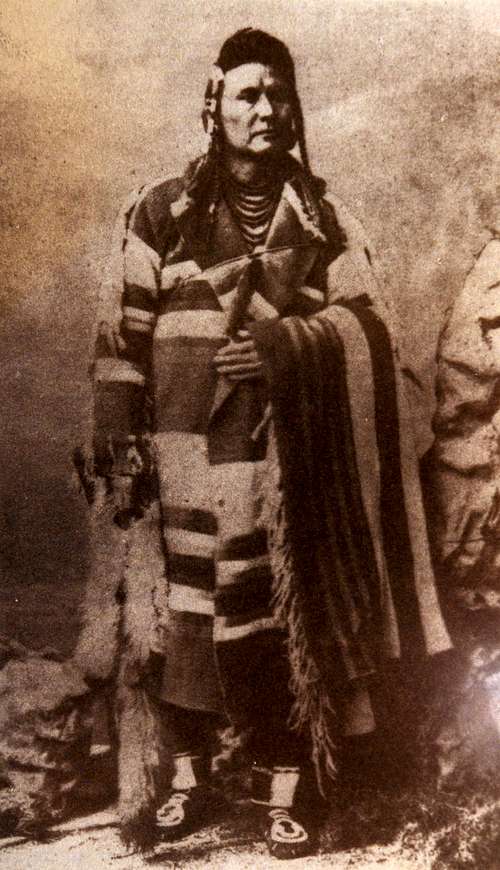
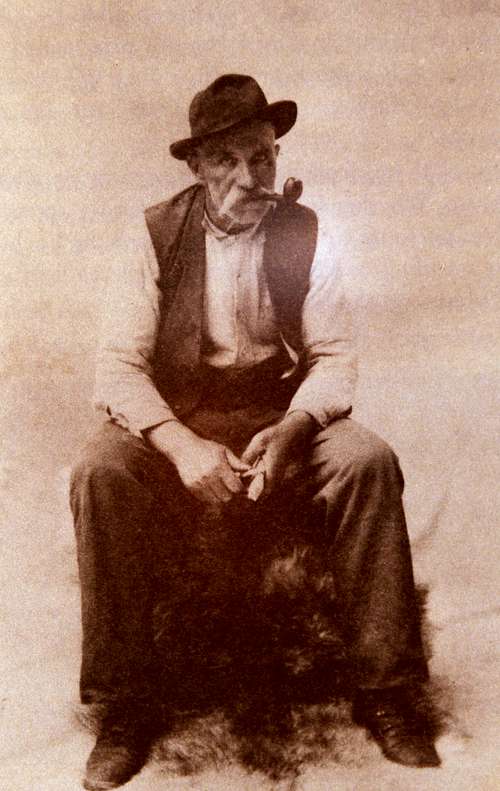
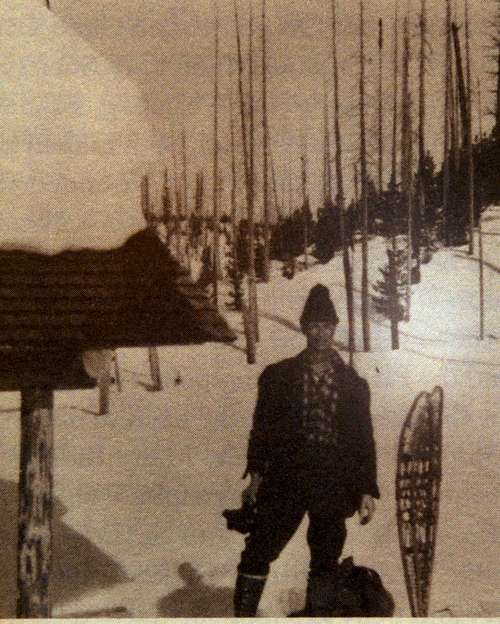
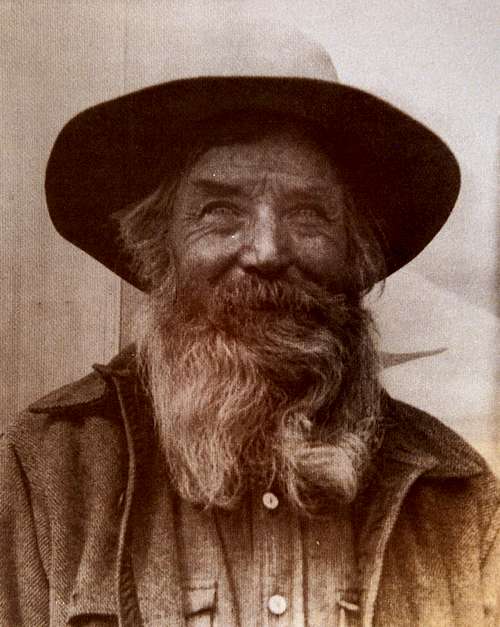
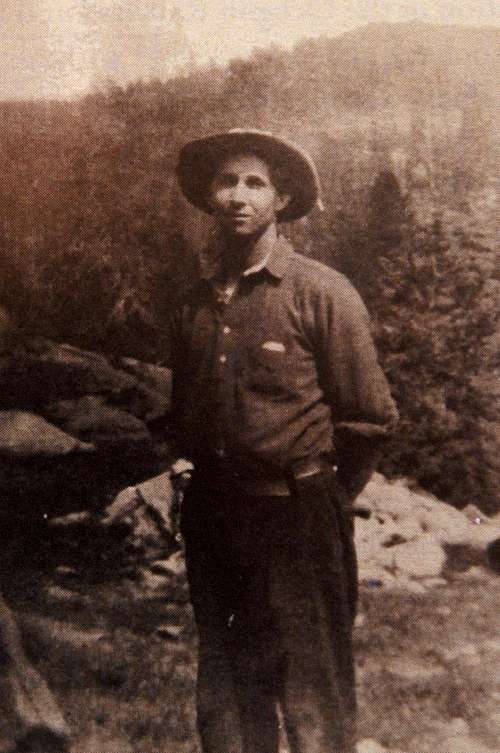
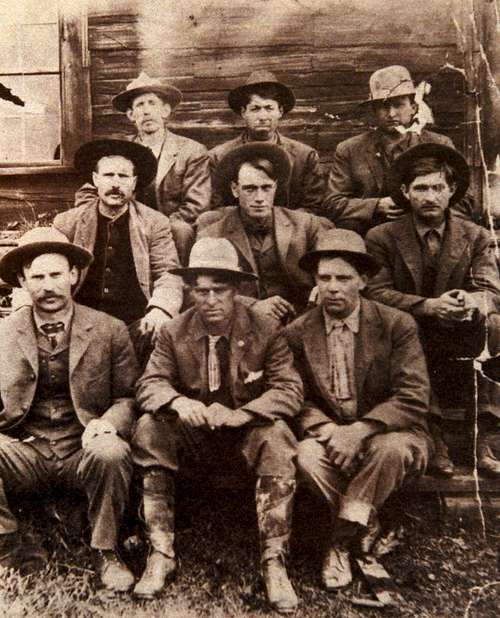
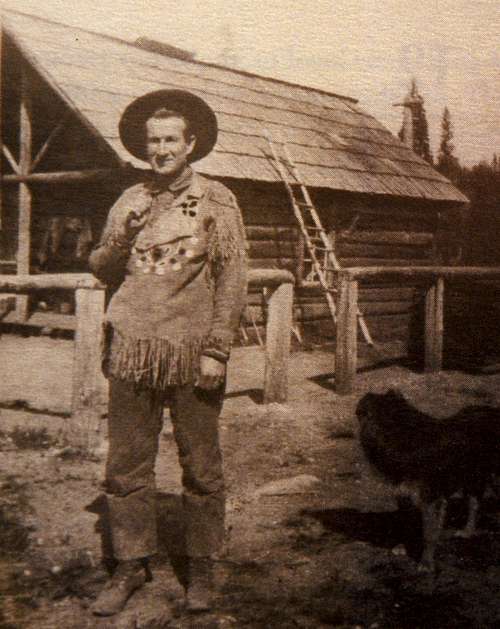

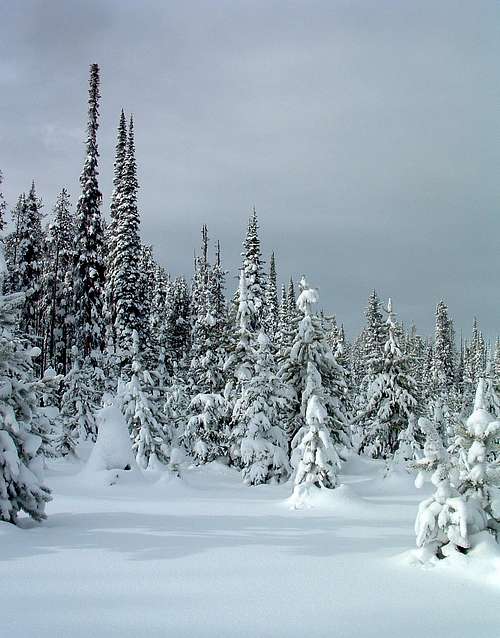
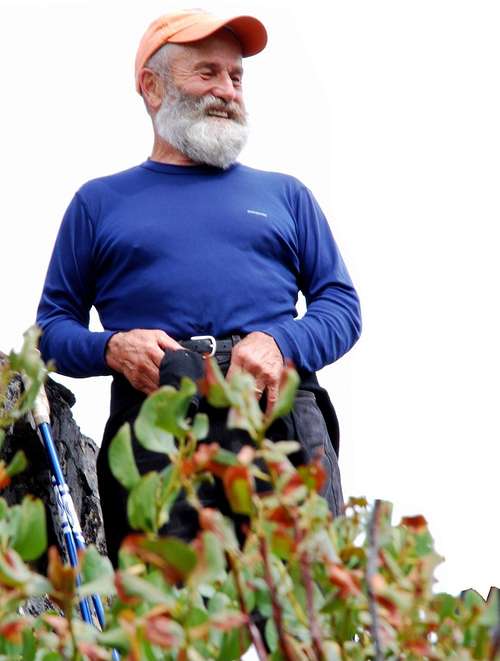
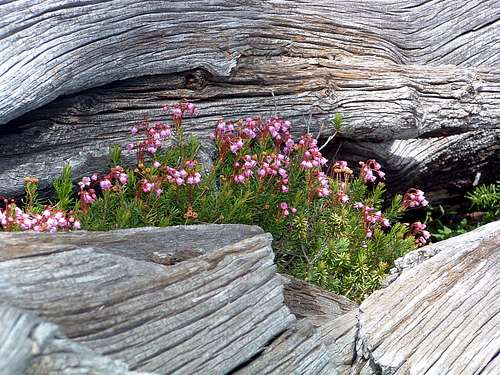












Comments
Post a Comment